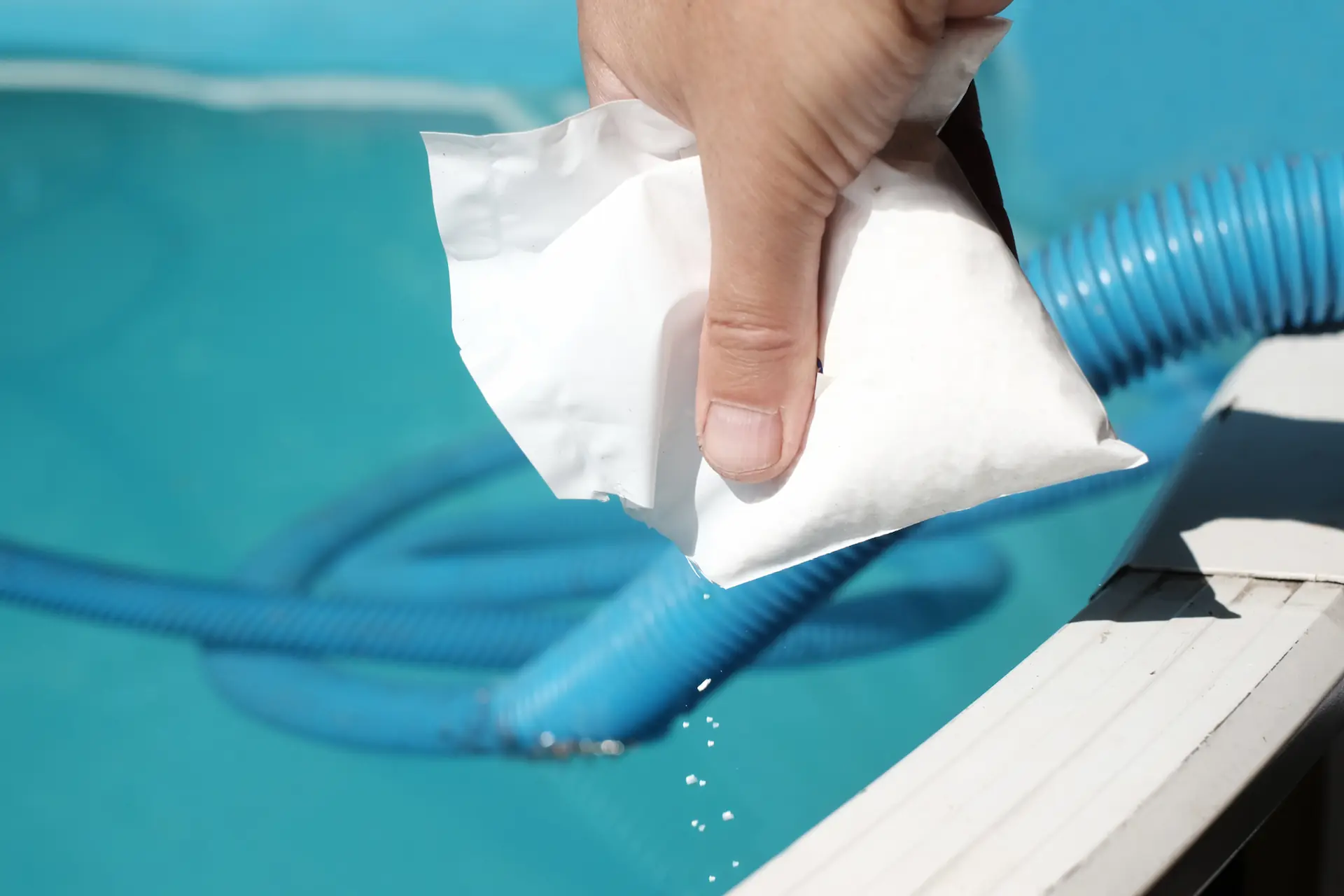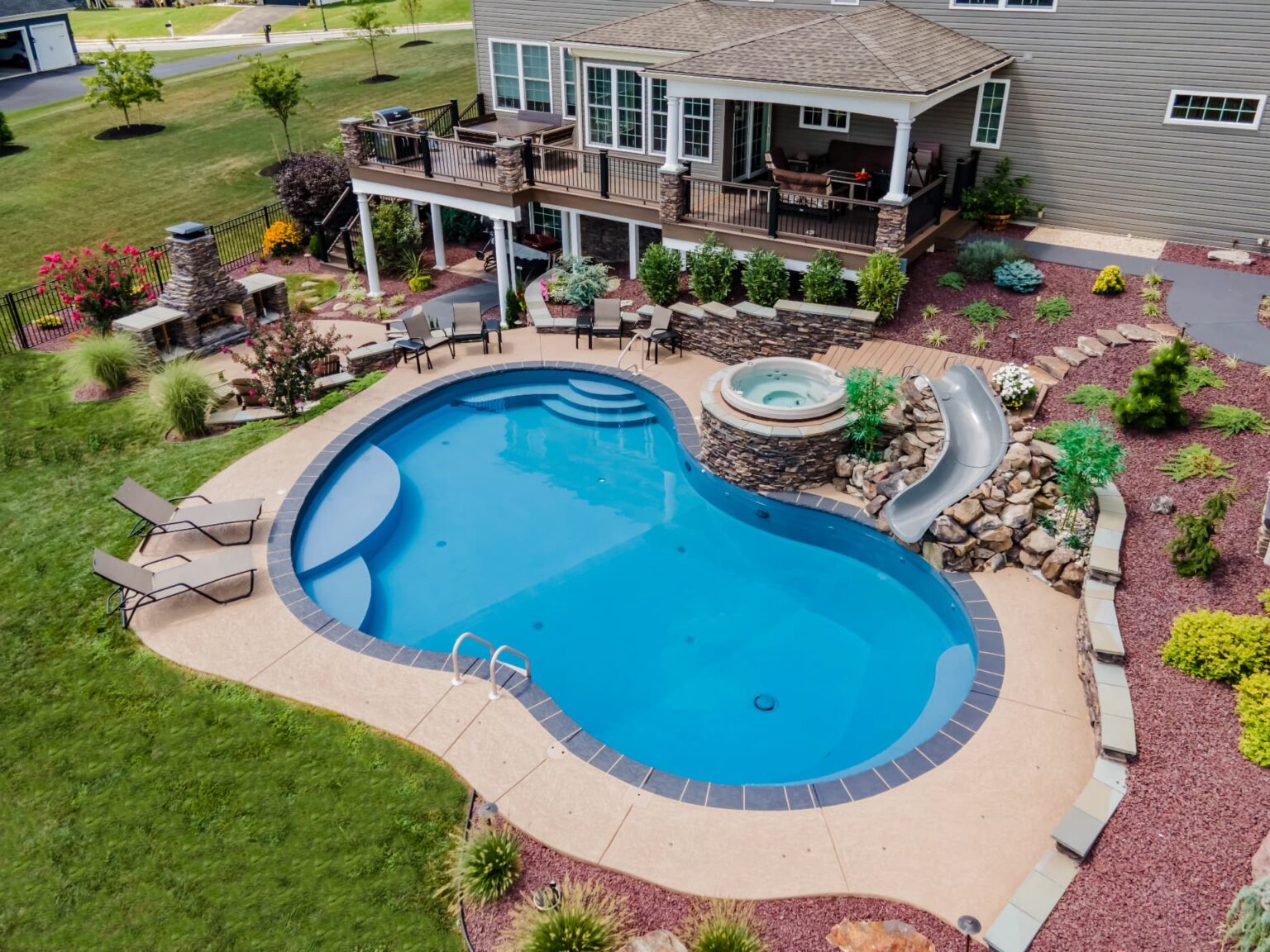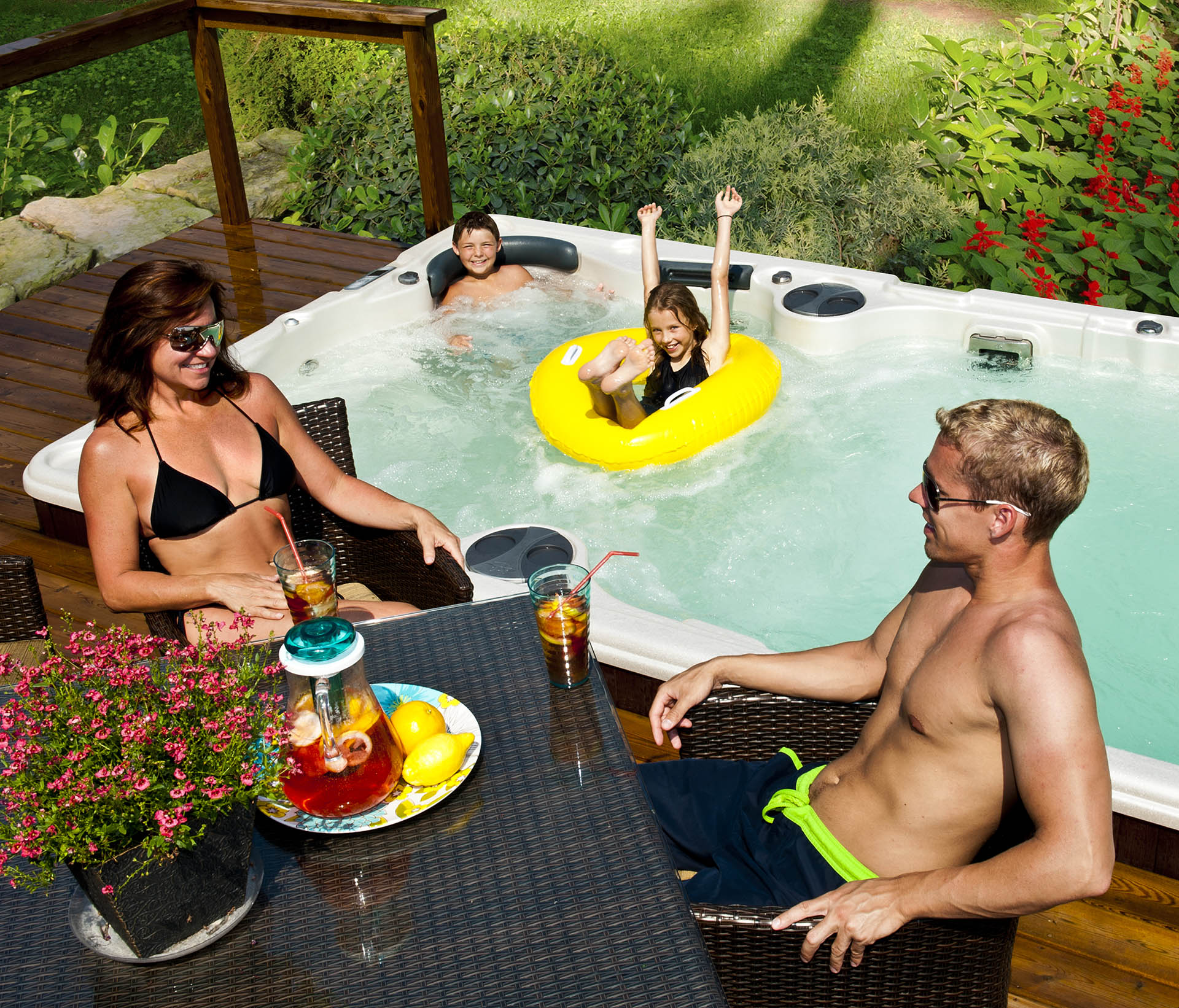If you find yourself scratching your head over prices while you browse the chemicals at the store, you’re not alone. Even people who have owned a pool for decades often wonder why some pool chemicals cost more than others. As is always the case with economics, there are several variables affecting the price of chemicals. Making sense of it all can be challenging. Here, we shed some light on the matter by highlighting three of the main reasons some pool chemicals sell for a higher price.
Not All Pool Chemicals Are Created Equal
People tend to think that a chemical is a chemical, and its quality does not vary between producers. Nope! Pool chemicals are like coffee. Many brands may look the same and undergo the same process for public consumption. But if you want a reliable pick-me-up, you have to be a bit of a connoisseur.
What does that look like when you’re shopping for pool chemicals? For starters, it means that the “value-sized” buckets of chlorine you occasionally see in the big box store are, in fact, just producers selling you more of a weaker product. In the end, you use more chlorine per dollar spent than if you would have simply purchased a higher-quality professional-grade product.
This happens because many subpar chemical producers dilute the product for the sake of increased volume. The buyer, in effect, is stuck with a pool chemical equivalent of watered-down coffee. Excessive doses of chlorine in pool water can cause eye and skin irritation. It can also cause deterioration of pool surfaces. Remember, you get what you pay for.
Or maybe you don’t get what you paid for. As we’ve seen over the past year, vendors everywhere have raised prices on their products to keep pace with inflation. That means when you shop in those big box stores, you may not see much of a price difference between their chlorine and that of a professional-grade product, but you would see a huge difference in quality. This phenomenon is a perfect segue into the next reason on our list.
Supply Chains Cause Price Fluctuations
The laws of supply and demand have been especially buzzworthy in recent years. The pool and spa industry was one of the sectors where demand skyrocketed overnight due to so many homeowners wanting to make quarantine life more enjoyable. Consequently, the demand for pool chemicals, especially chlorine, rose accordingly.
Compounding the issue is the fact that one key chlorine manufacturing facility went up in flames since the pandemic started. The result is what many in the pool industry have called “a perfect storm” in which chemical demand spikes while several suppliers are no longer in business. Competitors, in turn, must pick up the slack. Simply put, the market has not yet been able to regain its balance yet even with the recent hike in chlorine prices. Therefore, more pool owners are looking into chlorine alternatives like bromine and saltwater systems as temporary, if not permanent, solutions. For ideas on how to conserve your chlorine supply, check out our blog post, 5 Ways to Use Less Chlorine in Your Pool.
The Chemical Form Matters
Continuing with chlorine treatments as an example, your pool chemical salesperson may ask you, “Do you want tablets, powder, or liquid?” Each one has a different potency, chemical profile, and ideal application. Liquid chlorine, for example, contains about 12% chlorine, dissolves instantly, and can be used in either indoor or outdoor pools. Chlorine tablets, on the other hand, are far more potent (about 90% chlorine) and have a longer shelf life. However, they are really only suitable for outdoor pools, and they have a substantially longer dissolution rate (about a week). So, what makes more sense? Paying for a gallon of liquid chlorine or paying for a seven-pound container of tablets. Ultimately, it depends on the pool. These are the matters we can help you with at Goodall Pools & Spas. Visit our products page to view our wide selection of high-quality, professional-grade BioGuard® chemicals for all your pool sanitation needs today!









